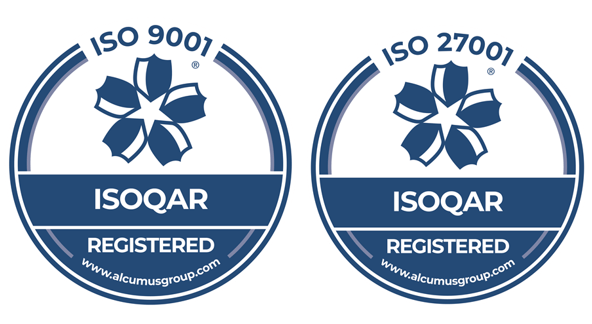April 28, 2016
A threat to incumbents
“As a result of the digital disruption we’re seeing in all walks of life, more and more organisations are exploring ways to leverage innovative thinking and new technologies without compromising the core revenue streams on which their business performance relies,” says Benno Wasserstein, Managing Director at Box UK.
A survey by the Global Centre for Digital Business Transformation (DBT Centre) has revealed that incumbents across a wide range of industries – including retail, finance, education and manufacturing – are at serious risk of losing ground to radically new business models and value propositions enabled by emerging digital technologies. It predicts that, within the next five years, four of today’s top 10 incumbents in each industry will be displaced by digital disruption; citing new service providers such as WhatsApp, Uber and Fruitful to demonstrate the threat being posed to even the most established industries.
Further research by McKinsey supports this view; the consulting firm has recently published a checklist highlighting those organisations that are particularly vulnerable as digital disruption continues to remove complexity from the supply chain, open up new markets and audiences, and reimagine operational processes and systems.
Barriers to disruption
“However, the DBT Centre report also shows a disconnect between the clear imperative there is for organisations to respond to this growing trend, and the attitude of senior stakeholders towards disruption,” Benno continues. “In 45% of organisations, it is not seen as worthy of board-level attention, and 43% of companies either do not acknowledge the risk of digital disruption, or have not addressed it sufficiently. This position is understandable, as the consequences for a large organisation seeking to disrupt are likely to be significant. As highlighted by McKinsey, digital disruption often calls for a total overhaul of infrastructure, hierarchy and process, and the risk this poses incumbents is often too great.
“So, with the varying demands being placed on business leaders – external forces driving a need for change, while internal concerns require a more stable and consistent approach – many are seeking alternatives to all-out disruption, including innovating within a low-risk, controllable environment before rolling successful initiatives out as part of the wider business strategy.”
Trialling innovation
“As a result, we’re seeing an increasing number of organisations trial new ideas within a single department, product line or campaign, then using these proven cases as a template for the rest of the organisation. Innovation can also be achieved through the implementation of dedicated teams focused on innovation and best practice; whether these are formed internally, or delivered through an external digital specialist.
“At Box UK we’ve supported many of our clients as they introduce innovative solutions in this way, helping drive greater efficiencies, new revenue streams and an improved customer experience as well as growing and evolving our relationships with these organisations. For example, we are currently strengthening our long-term partnership with RS Components by extending our connection with the Technical Marketing department into further areas of the business, and we continue to work closely with TBC Bank as they roll out their industry-leading multi-channel strategy, which has seen them recently named Best Bank in Georgia for the fifth year running.”
Inspection and iteration
“Another way established organisations can drive innovation without risking significant time, effort and budget is to take an iterative, test-and-learn approach to development. Here, Agile ways of working can prove incredibly valuable; allowing teams to regularly review output, and prioritise next steps in response to current needs and market conditions.
“Indeed, we’ve seen interest in Agile grow substantially in recent years, and alongside using Agile methodologies to deliver a variety of high-profile projects for our clients, we have also provided coaching for organisations such as Cardiff University, Ugly Duck and the Open University; helping equip them with the knowledge and skills needed to achieve the flexibility, visibility and responsiveness to change that Agile encourages. Through these activities we’ve also built up an in-depth understanding of the key challenges and opportunities associated with Agile transformations, which has informed a recent white paper we have published on the topic.”
A roadmap for success
Benno concludes: “As McKinsey points out, ‘strategy in the digital age is often asymmetrical, but it isn’t just newcomers that can tilt the playing field to their advantage’. In taking an approach that balances innovative thinking with business-as-usual, even large and established organisations can ensure they’re able to remain competitive in the face of digital disruption – and keep their place at the top table for many years to come.”
Find out more
For more information on the ways in which Box UK can help your organisation, please get in touch with a member of our team. For interviews with Benno Wasserstein about the Box UK business, contact press@boxuk.com.

